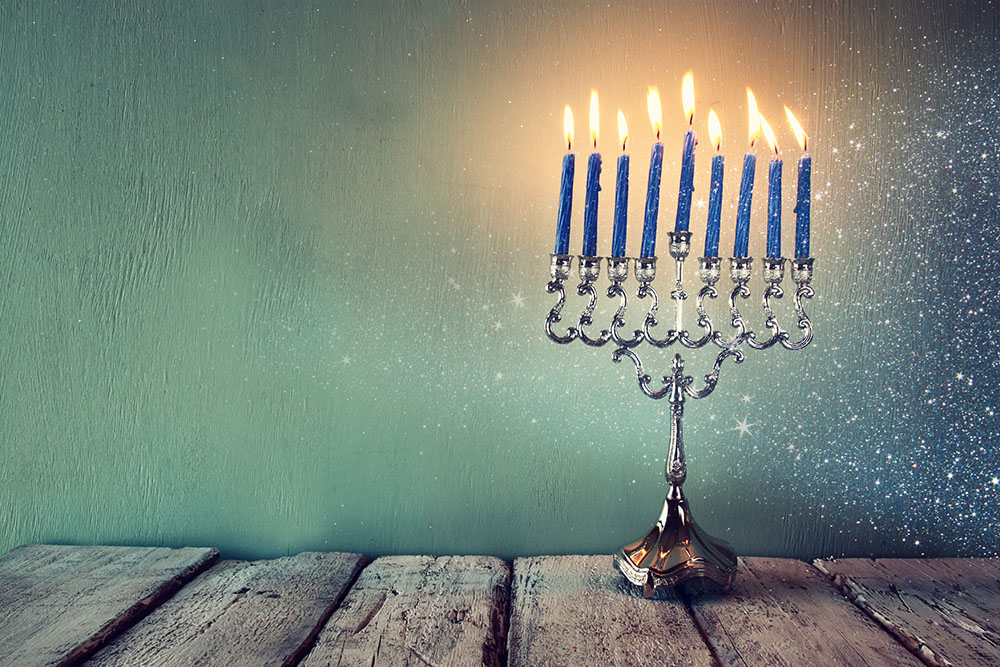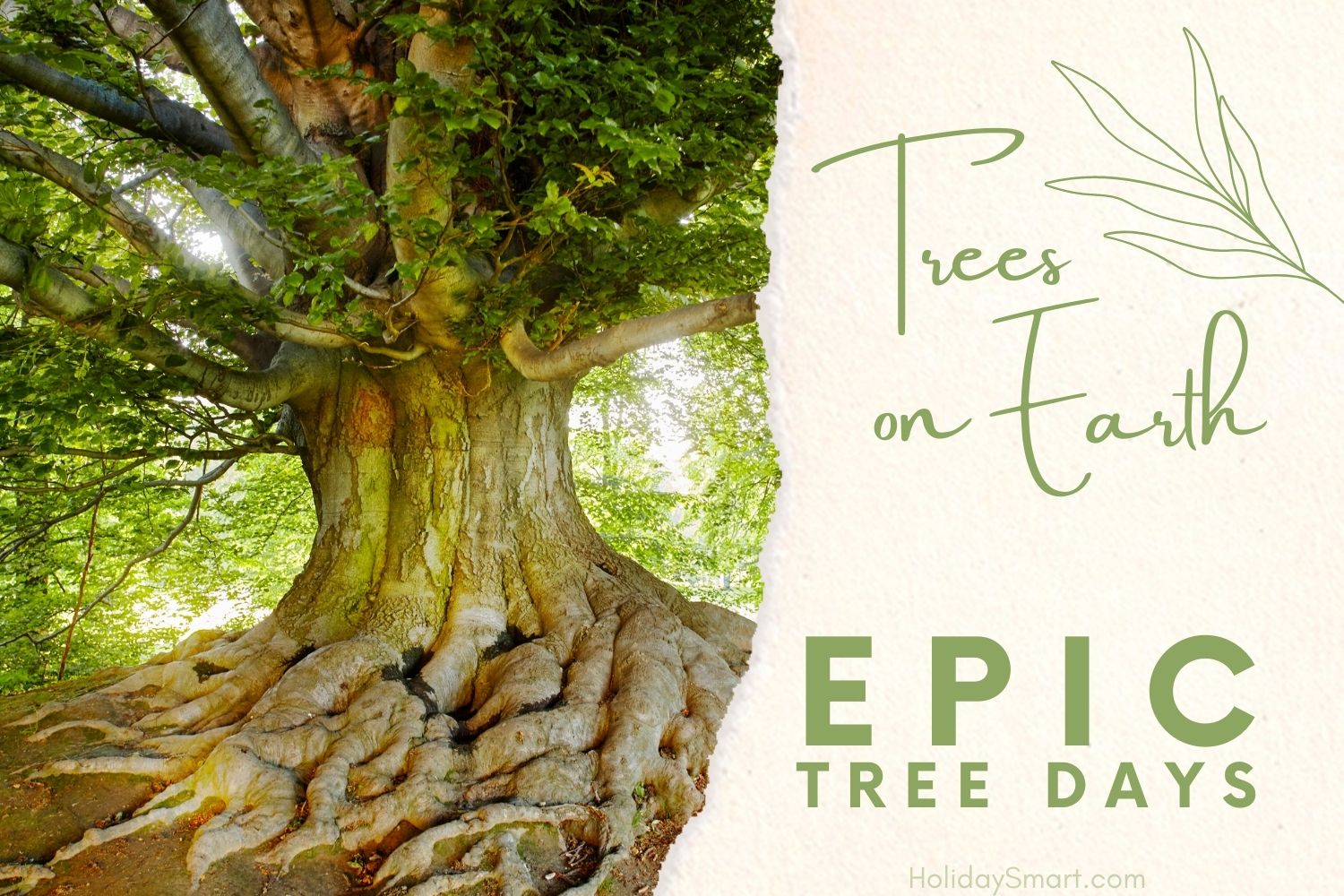Hanukkah

Hanukkah (also known as Chanukah or Ḥanukah) is an eight day Jewish festival that celebrates the victory of light over dark and the perseverance of the Jewish faith. It is celebrated beginning on the 25th day of the Hebrew month Kislev and ending on the second day of the Hebrew month Tevet.
History
Hanukkah celebrates the Maccabees successful rebellion against Seleucids (Syrian-Greeks), who had taken control of Israel and wanted to Hellenize the people who lived there. The Maccabees (a small group of faithful Jewish rebels) were able to defeat the Seleucids and take back the Holy Temple in Jerusalem. When the Jews returned to the Temple they found only enough oil to light the Temple’s menorah for one night, but they needed eight nights to get more oil. Miraculously, the oil burned for eight nights straight and the people never had to be in the dark.
Customs
The most important Hanukkah tradition is the nightly lighting of the menorah. A menorah is a candelabra with 8 candles. Each night of Hanukkah one more candle is lit than the night before, beginning at sunset the night before the 25th of Kislev. On the last night, all eight candles are lit. This represents the oil that burned for 8 days in Jerusalem. Hanukkah is often celebrated with family, food, and gift-giving. Traditional Hanukkah foods are often deep fried in oil such as: sufganiot (doughnuts deep fried in oil), latkes (potato pancakes), and bimuelos (fritters). This also represents the oil from the lamps. Jewish children often receive presents. It is traditional for children to play with dreidels (spinning tops which spell out an acronym for “Nes Gadol Hayah Sham”, which means “a great miracle happened there”). Families often get together to put up Hanukkah decorations and sing songs relating to the holiday.



